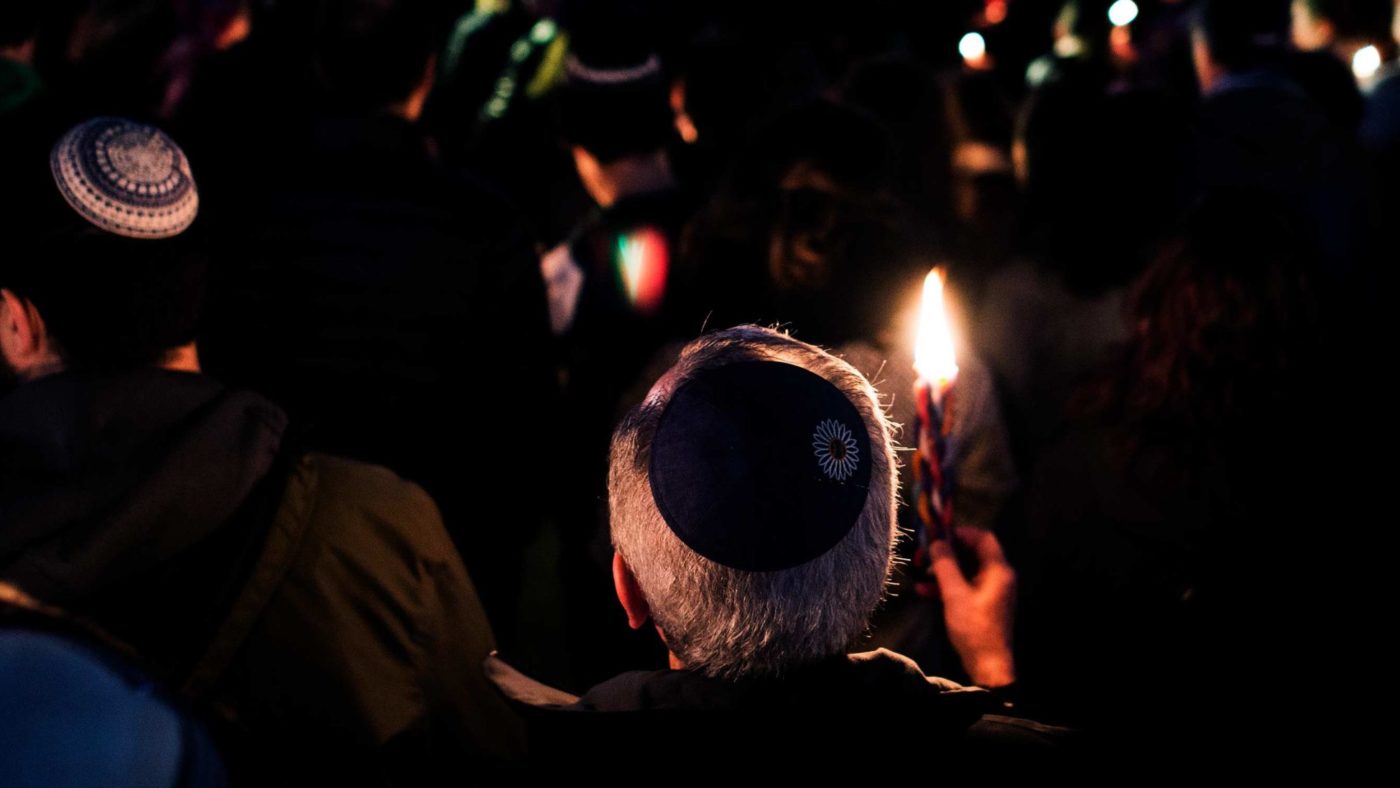It was a week of anger and pain, reflective of America’s creaking political discourse.
It began with the attempted delivery last week of numerous explosives-filled packages to the addresses of various senior Democratic Party politicians. The apparent viability of the explosive devices employed, and the evident partisan focus of the attacker quickly sent federal law enforcement into overdrive. Fortunately, the FBI’s arrest and charging of one suspect, Cesar Sayoc, on Friday appears to have ended the threat.
Then, without even the briefest of respites, came the horror in Pittsburgh. As they worshipped in a synagogue, families were subjected to a gunman’s brutal assault on Saturday. The full details of why Robert Bowers chose his target are not yet clear. But eyewitnesses reported that Bowers shouted “all Jews must die” as he entered the Tree of Life synagogue.
Still, while the two suspects may have different grievances for the respective crimes they are accused of, they are the worse markers for a more common, albeit normally peaceful problem: the deep political acrimony that now infects American culture. And it is a different acrimony to that which sustained the violent culture wars of the 1960s and 1970s. Where those culture wars were rooted in disagreements over social policy, the Vietnam War, and revolutionary ideology, there was always a consensus of bipartisan moderation in Washington that tempered the flames. And the leader of the most powerful movement, Martin Luther King, preached a message of peaceful resolution rather than rancorous partisanship. That’s not the case today.
Just as the mail bombings and Synagogue attack reflected fanatical adherence to fanatical views, too many politicians in Washington now choose warped notions of purity over a common patriotism. Though admittedly an extreme example, Sayoc appears to have sent his mail bombs to his targets because he believed they had offended his political hero, President Trump. His decorated van testifies to the utterly binary world view he endorsed: a tapestry mixed between testaments to President Trump, and images of Democrats with crosshairs on their faces. But while very few of those who saw Sayoc’s van supported what he did, many Republicans would have enjoyed his angry artwork.
And that enjoyment speaks to the real issue here. Because America’s crisis is not that we now should expect a rising tide of incidents like those we saw last week. Most Americans remain reluctant to take up political violence, and most of the time American law enforcement agencies are adept at intercepting terrorist plotters before they can act. It is worth noting here that extremist groups like those aligned with neo-Nazi ideology face an abundance of informants and undercover police officers in their ranks.
Instead, the ultimate problem that these incidents illuminate is a society in which political disagreements are increasingly giving way to exclusionary partisanship. And while it’s true that the rise of social media platforms means that would-be attackers have an unprecedented means of bringing attention to their cause, it’s also true that America is increasingly unbound from the tenet of friendly disagreement. And just as many Republicans would have liked Sayoc’s van, hatred against Trump supporters on the American left has now reached fetish-like levels. The New York Times, for example, recently published an article which imagined a Secret Service agent assassinating Trump. Did the American left, which so criticises President Trump’s rhetoric, unify to condemn the article? Nope.
Such partisan rancour is now so common it is at the most basic of levels. In Washington, DC, many individuals cannot stand even talking with those who share alternate views on issues. I was at a bar recently and a liberal lady told me that she wanted to urinate on me. Why? Simply because I write for a conservative publication. Again, though, as the crowds treatment of CNN reporters at Trump rallies shows, the acrimony goes both ways.
It’s hard to see how America will fix things in the near future. After all, that would require a leadership that is sadly absent today. President Trump seems incapable of prioritising the nation’s interest in civility above his grievance that the media treats him unfairly. At the same time, the Democratic Party is led by a mix of far-leftists who worship identity politics battles as much as Trump, and presidential aspirants who are desperate to avoid being perceived as bipartisan. To be bipartisan today is a way to lose primary elections.
In this vacuum of leadership, we should expect to see a continue fraying of the national spirit. America’s national motto is “E Pluribus Unum” or “out of many, one.” Today, the motto might more aptly be described as “out of many, anger.”
Yet there is hope. As reflected by the choice of millions of Americans to vote for Barack Obama and then, just four years later, Obama’s defining political opposite; Donald Trump, the great centre of America remains those moderates in the middle class. They have the electoral power to make their voice heard in favour of a greater civility. As things get worse, I expect they will do so. A third-party presidential candidate in 2020 might even force the other two candidates to restrain their own rhetorical excesses and bring back some sense of normality. We can hope so at least.


